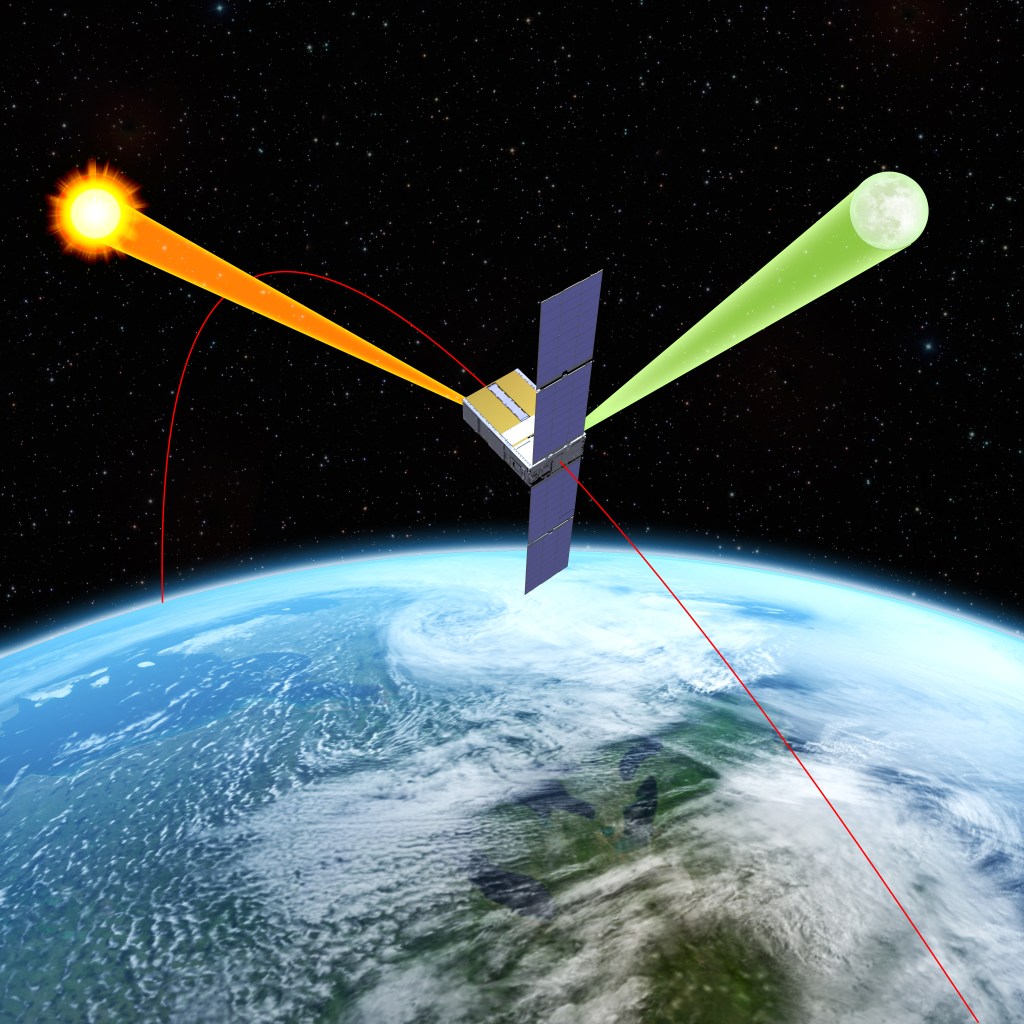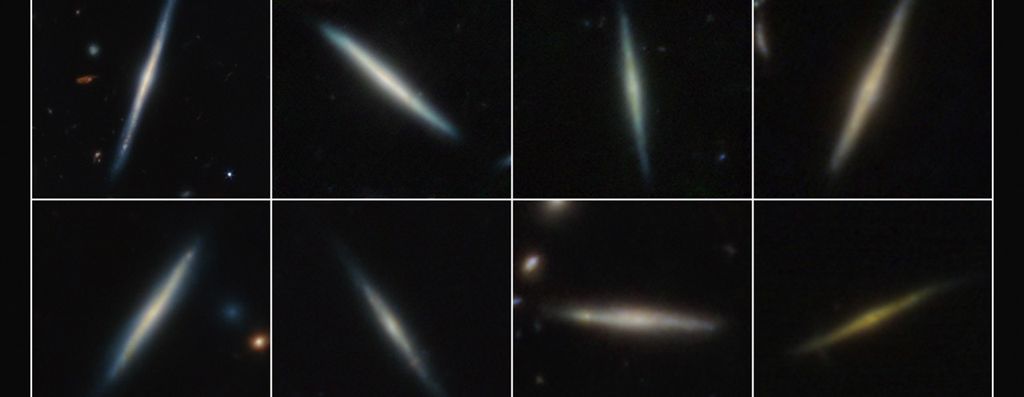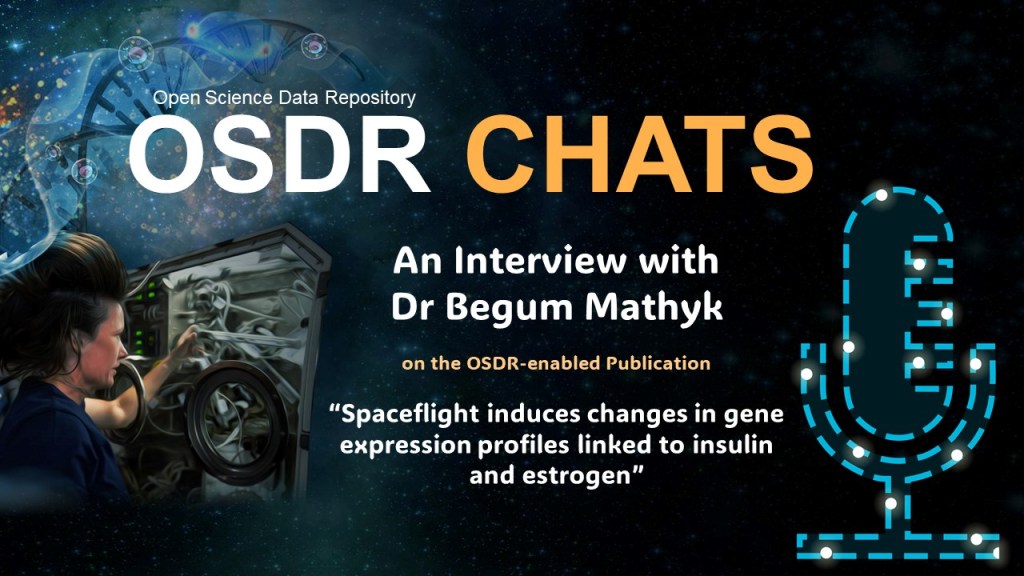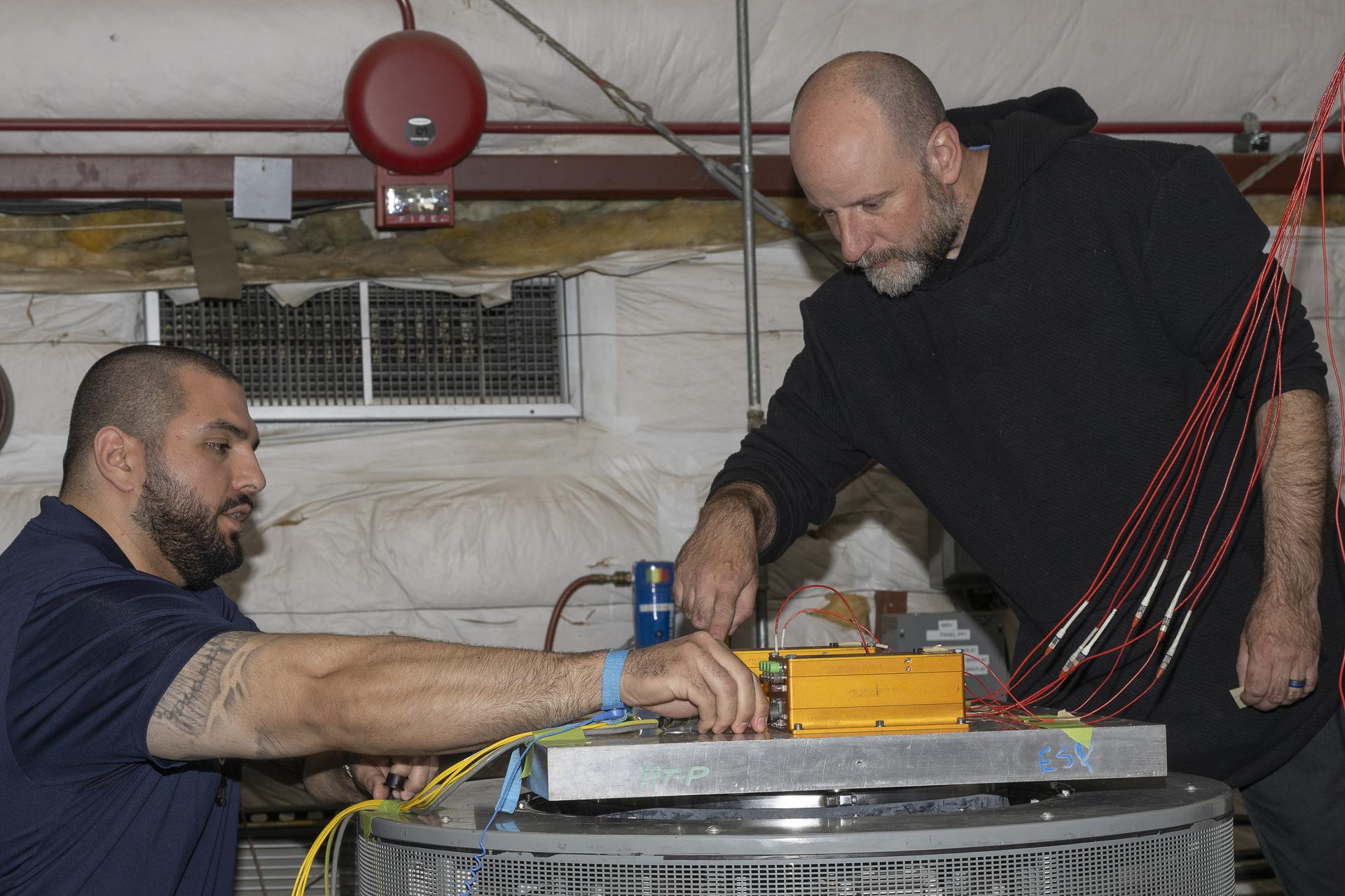As NASA plans its next Artemis missions to the Moon, with sights set on Mars, today’s students in STEM are tomorrow’s space exploration pioneers in science, technology, engineering, and math.
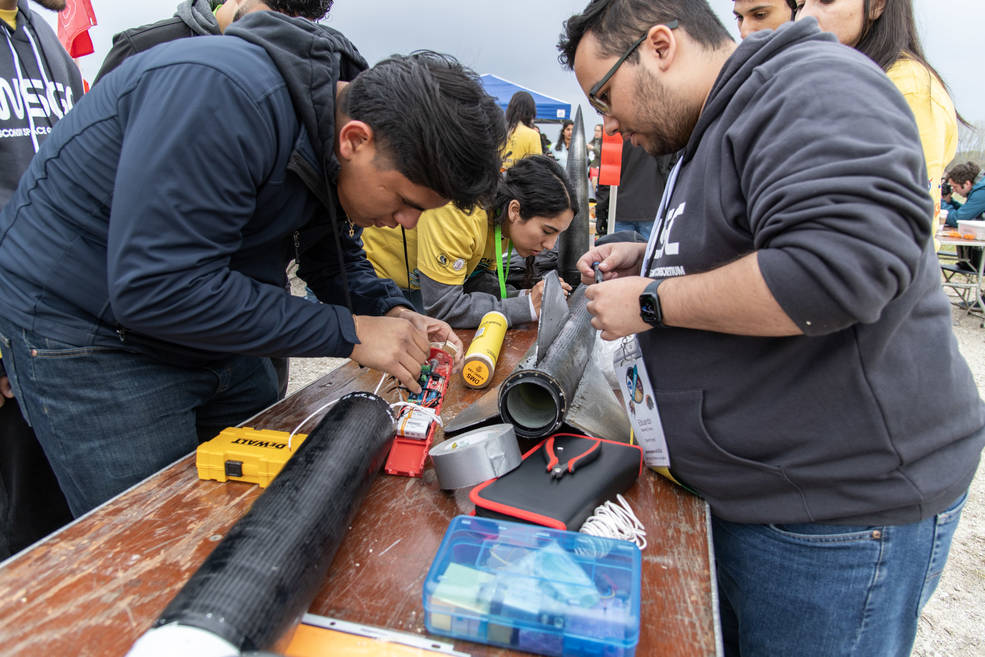
By Jason Costa
NASA’s John F. Kennedy Space Center
As NASA plans its next Artemis missions to the Moon, with sights set on Mars, today’s students in STEM are tomorrow’s space exploration pioneers in science, technology, engineering, and math. The Artemis generation recently showed they have what it takes during the 14th First Nations Launch High-Power Rocket Competition.
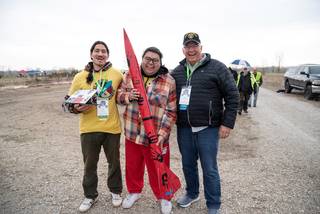
Developed 14 years ago under NASA’s Wisconsin Space Grant Consortium, the First Nation’s Launch Competition provides students who attend tribal colleges and universities, Native American-Serving Nontribal Institutions, or who are members of collegiate chapters of the American Indian Science and Engineering Society with the opportunity to design, build, and launch a high-powered rocket. While the consortium runs the event, NASA provides the funding for the program and adopts it as one of the agency’s Artemis Student Challenges.
“This year, we had the success we always imagined was possible,” said James Wood (Osage Nation and Loyal Shawnee), chief engineer of NASA’s Launch Services Program at Kennedy Space Center in Florida and one of this year’s competition judges. “The competition was full to capacity, with Native culture front and center, technical standards the highest they’ve ever been, and international participation, with more on the way next year – all of this together with the cultural spirit that you can’t ‘organize.’”
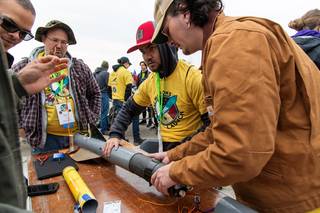
Hosted on April 28-29 by Carthage College in Kenosha, Wisconsin, the competition featured presentations, workshops, industry speakers, a banquet, and the launch competition, which took place at Richard Bong State Recreational Park in nearby Kansasville. The faculty advisor-led teams of undergraduate students conceived, designed, fabricated, and flew high-powered rockets within parameters set by the competition’s three specific challenges – Gateway, Moon, and Mars. Comprising new and returning teams, a record 119 students participated this year, representing 21 colleges and universities from 11 states and Canada. For the full list of 2023 results, click here.
Highlights include:
- Moon Challenge Grand Prize Winner: University of Colorado-Boulder
- Mars Challenge Winner: University of Washington-Seattle
- International Division Winner: Queen’s University, Kingston, Ontario, Canada
- Outreach Award Winner: University of North Carolina, Pembroke
- Altitude Award Winner: Leech Lake Tribal College, Cass Lake, Minnesota
“Placing first has brought attention to the American Indian Science and Engineering Society UW Chapter,” said Scott Pinkham, advisor for University of Washington-Seattle’s Mars Challenge winning team. “Other local rocket organizations have learned of the win and are connecting with our team. This helps expand our network to share more STEM opportunities with pre-college and college Native students.”
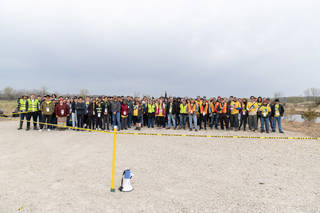
This year’s competitors shared a special camaraderie, with some teams contending with hardware challenges and last-minute adjustments, while the poor weather conditions affected all teams. Bonded by culture, community, and rocketry, teams came together to ensure everyone made it to competition and launched when the clock reached T-0.
“The other teams were awesome, helpful,” said Alex Azure, advisor for the team from United Tribes Technical College, Bismarck, North Dakota. “We had some material mismatch issues, and other teams stepped up to help ensure we launched. We’re already thinking of next year!”
Facilitated by the Wisconsin consortium and managed by the Office of STEM Engagement at Kennedy, First Nations Launch is funded by NASA’s Minority University Research and Education Project, which aids minority serving institutions in their efforts to recruit and retain underrepresented and underserved students into STEM fields and stimulate innovation in technologies for the benefit of all. The competition also requires teams to conduct outreach within their communities in hopes of inspiring the next generation of STEM explorers.
“These are the leaders of the coming generation,” said Steven Singletary, advisor for the University of North Carolina, Pembroke team. “Our team won the outreach award, so our STEM outreach was on point this year. We reached a lot of students and members of the public we would not normally have in a typical year.”
While teams engaged in outreach to inspire the next generation of students, they also inspired each other through their effort, ingenuity, and love of STEM.
“This event made me realize that there is no one correct path and life is beautifully complex,” UW-Seattle graduate student Grace Pardini said. “And it doesn’t matter where I end up, as long as it is in STEM, I’m going to be a happy rocketeer.”
For more information about First Nations Launch and NASA Stem Engagement, please visit:
https://spacegrant.carthage.edu/first-nations-launch/
and









